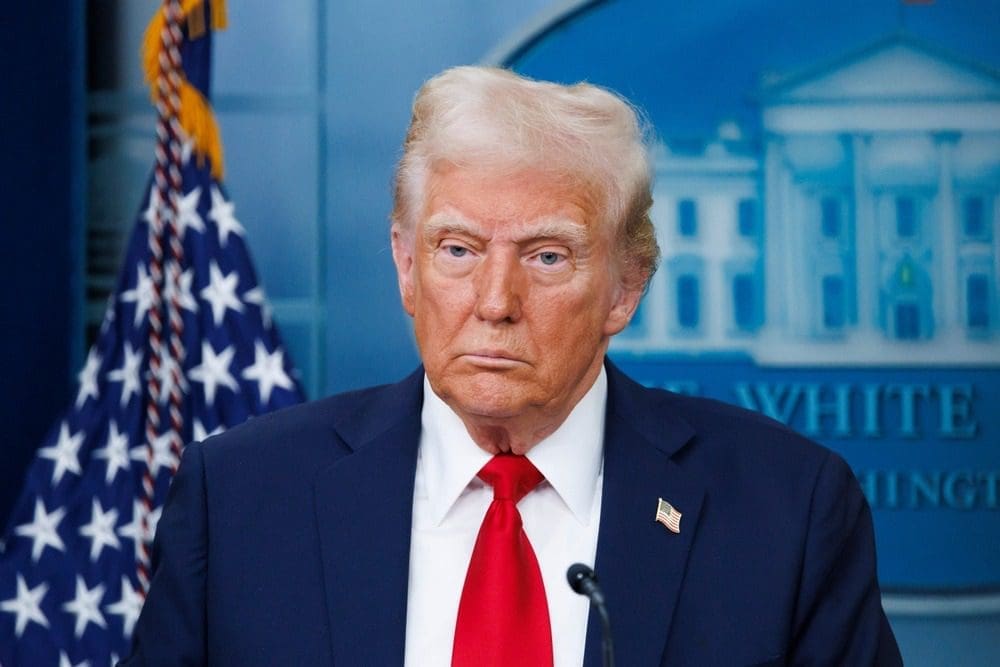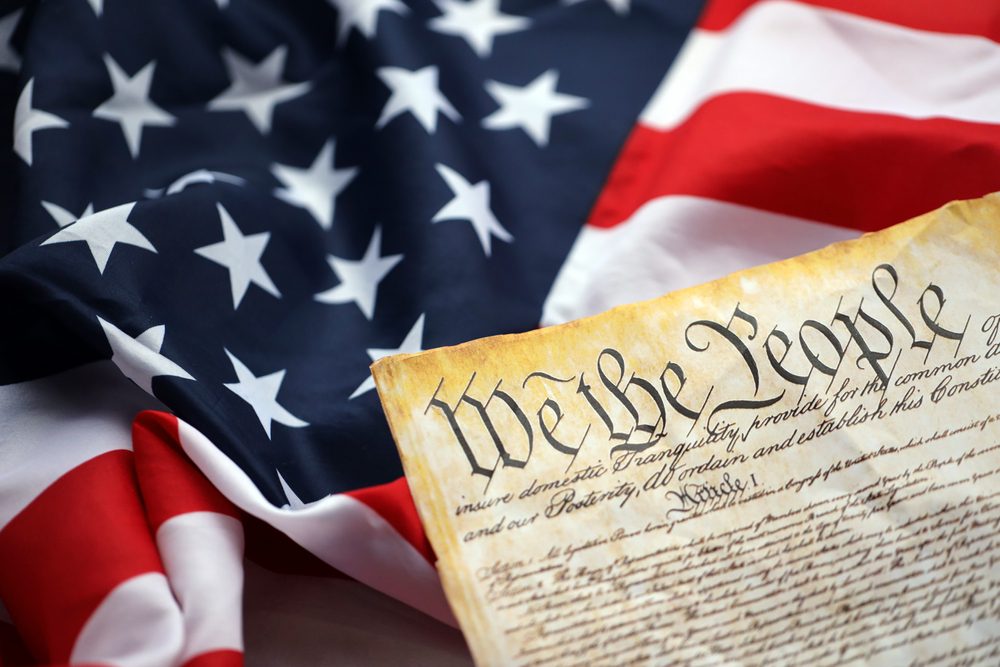
The Supreme Court will hear a challenge to Trump’s emergency tariffs on November 5.
At issue: whether the International Emergency Economic Powers Act (IEEPA) gives the president the authority to impose sweeping trade penalties.
Lower courts already ruled no. Here’s what you need to know.
The Core Question

Did Trump overstep by using IEEPA — a law meant for foreign crises — to justify tariffs on global imports tied to trade deficits?
IEEPA in Focus

The statute lets the president regulate property linked to “unusual and extraordinary threats” from abroad. It has never been squarely used for tariffs on everyday trade.
Major Questions Doctrine

The Court has increasingly said: Congress must clearly authorize big policy shifts. Tariffs that reshape global trade are exactly the kind of “major question” justices scrutinize.
Nondelegation Concerns

Tariff power historically belongs to Congress. Allowing presidents to impose them via emergency declaration risks giving away too much unchecked authority.
Lower Court Rulings

The Federal Circuit held that Trump exceeded his powers, affirming that trade deficits don’t meet IEEPA’s emergency standard. That precedent is already against him.
Government’s Defense

The administration argues tariffs are just a form of “regulating imports.” They warn that striking them down could trigger economic chaos — including billions in refunds.
Constitutional Balance

This case is as much about separation of powers as it is about trade. SCOTUS must decide how far Congress meant to let presidents go under emergency law.
What the Markets Think

- Prediction markets put ~42% chance that SCOTUS will uphold Trump’s tariffs under IEEPA.
- Analysts and other markets suggest a slightly higher probability the Court will invalidate or limit the tariffs — usually citing the text of the statute, precedent, and the major questions doctrine.
- The odds reflect uncertainty — SCOTUS leans toward legal constraint & checks, but the administration’s arguments aren’t trivial.
The Stakes

If the Court rules against Trump, businesses could seek refunds on years of tariffs — potentially hundreds of billions, even up to $1 trillion. Supply chains, state budgets, and global partners would all feel the shock.
Prediction

Expect SCOTUS to rein in Trump’s tariff authority. The Court’s conservative bloc has embraced textualism and the major questions doctrine — both point toward striking down the tariffs and forcing Congress to reclaim its role in trade.



























